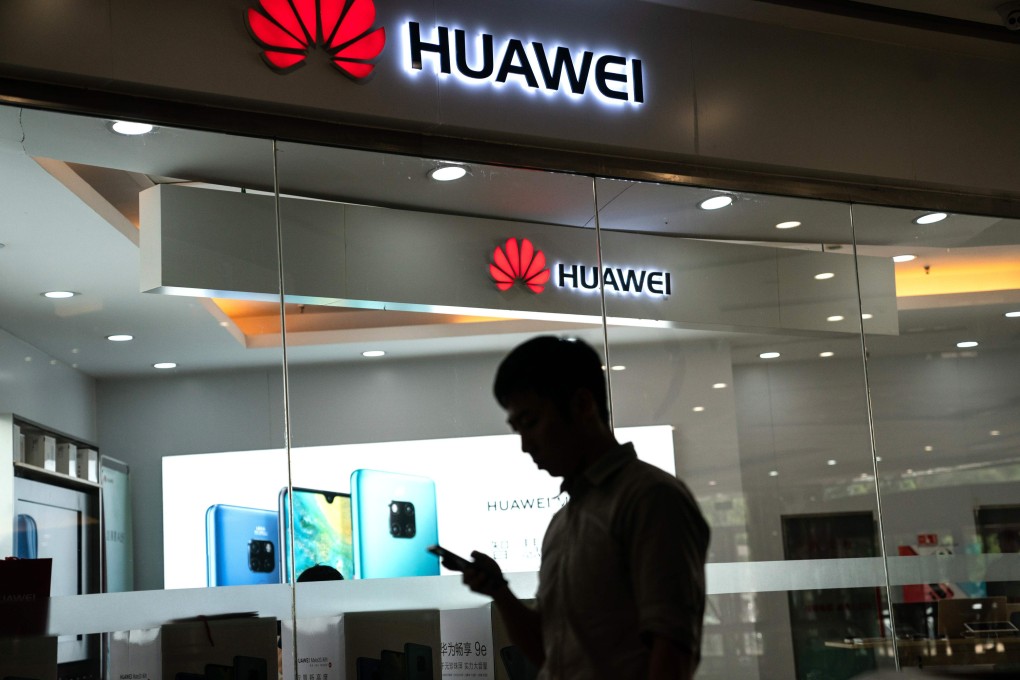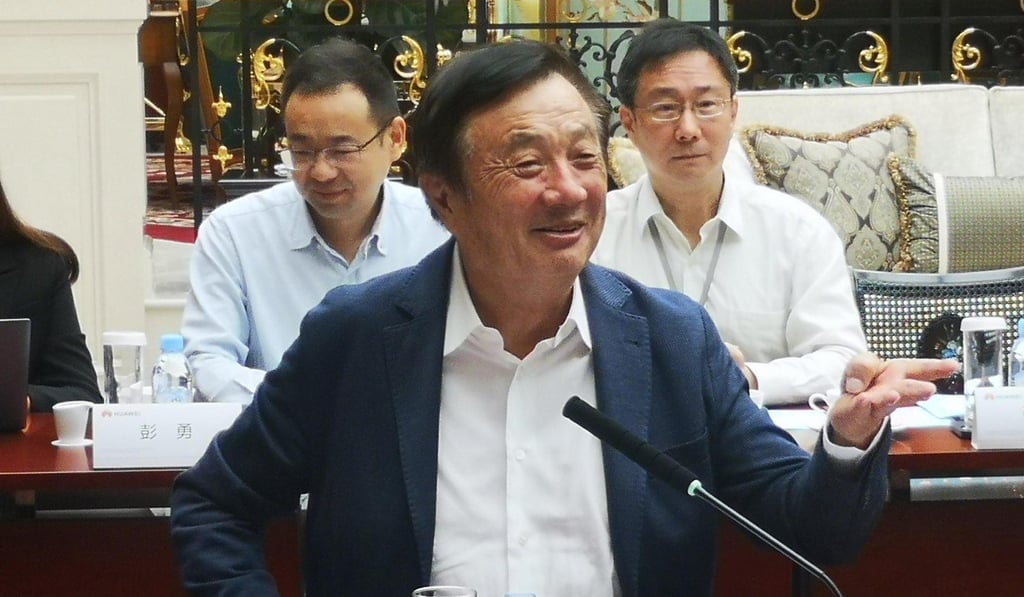City Beat | If perception is reality, can Huawei founder’s pragmatic approach to US-China trade war show Hong Kong how to change the way extradition bill is viewed?
- Ren Zhengfei drew plaudits for his cool-headed comments separating the tech firm from concept of consumer patriotism
- Hong Kong’s chief executive faces difficult task in convincing critics at home and abroad that extradition bill will not be abused for political purposes

It’s a troubled world out there, beset by daily crises of every kind facing governments, politicians, celebrities and regular people on the streets.
Crisis management is never easy, and the world’s most high-profile example at the moment has to be the damage-control struggle of Chinese hi-tech giant Huawei, as it finds itself at the centre of an intensifying US-China trade war that has now escalated into an open showdown over technology.
Here in Hong Kong, Chief Executive Carrie Lam Cheng Yuet-ngor is also caught between a rock and a hard place as she pushes ahead with her contentious extradition bill, sparking a controversy that has snowballed into diplomatic tensions between China and major Western countries, with the city in the middle.
The two issues share a common need for one mitigating factor – crafting and disseminating convincing messages to win the support of those who are suspicious or doubtful.

Over the past week, Huawei founder Ren Zhengfei, 74, was hailed by many Chinese as their idol for his cool-headed comments separating Huawei from the concept of consumer patriotism.
